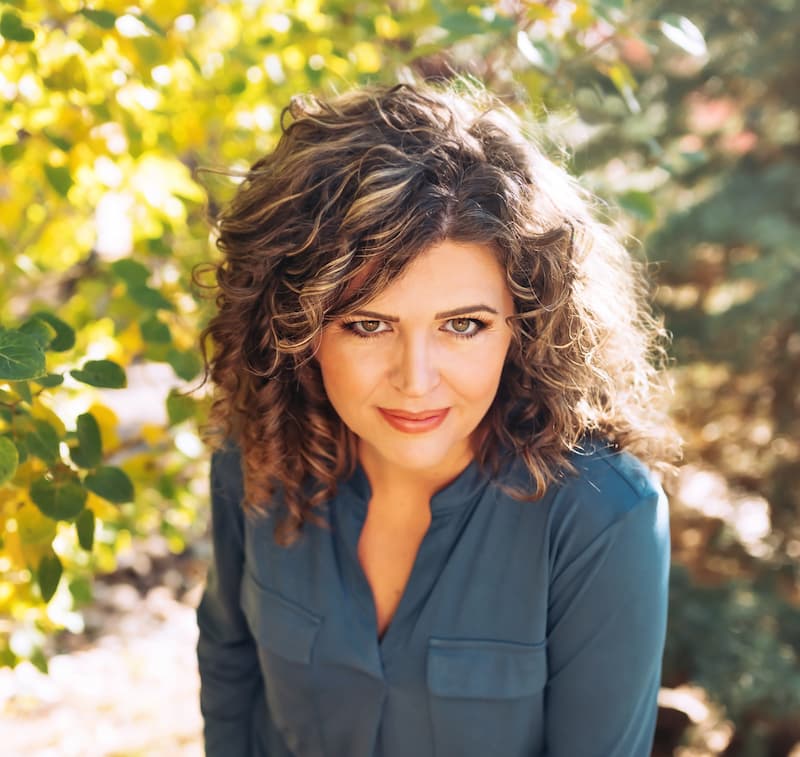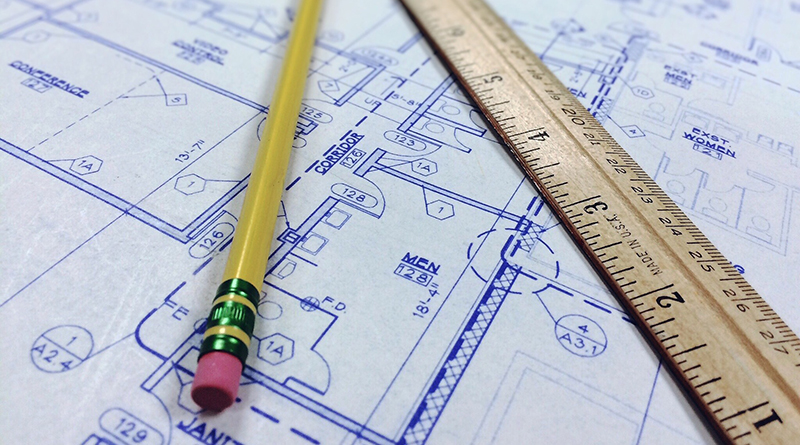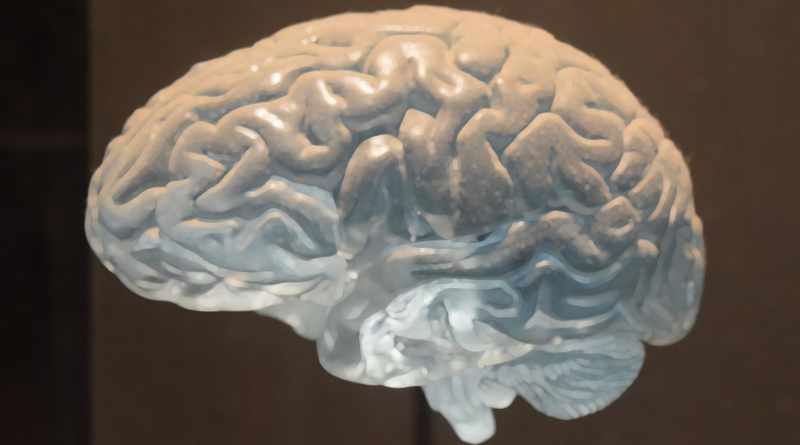
Lighting the Way Forward: Overcoming Neurodiverse Challenges
By Renee Rosales, M.Ed., Certified Cognitive Coach
Navigating Neurodiverse Journeys
Finding the way forward can be challenging for all of us; for neurodivergents, that journey is even more complex, and it can feel impossible for those who care for them. We all possess the extraordinary power to create forward momentum, influence, guide, and alter the future. However, we often lose sight of that power when facing challenges that we don’t understand or can’t control. As an educator and cognitive specialist, I regularly work with people navigating this territory. They often ask specific questions to resolve frustrating issues like: “How do I potty train my 7-year-old autistic child?” or “How can I manage the reading required in college with severe dyslexia?”. These questions are valid, but a more significant, underlying question lies in the specifics: “Can you help me with the pain, anger, and frustration involved in this process?”. In this brief article, I would like to explore the answer to that underlying question and equip you with a powerful tool to lessen frustration and L.I.G.H.T. your way through.
The L.I.G.H.T. Approach – Listen, Integrate, Guide, Honor, and Transform
I began applying this approach with my son 11 years ago before his diagnosis (apraxia of speech and dyslexia). We had just gotten home after grocery shopping, and I was beside myself. At the time, I didn’t know why he behaved so badly in public places. I couldn’t find the answers I was looking for and often blamed myself. That day he had screamed through the entire store and even threw a loaf of bread at an older woman in the dairy aisle. We got home, and he immediately ran to his Magna-Tiles and started laughing and playing. I sat down, wiping tears from my face, as he began creating amazing things. My frustrations dissipated as I wondered at his creations, and soon I was playing beside him. I was so frustrated by my inability to control his behavior that I stopped actively listening to him. My anger and frustration disappeared when I let the light of his curiosity and joy in building penetrate me.
This approach requires a simple shift in your mindset. Think of the acronym as a brain training tool to use when needed. For some neurodivergents, remembering an acronym may be challenging. People with dyslexia can find symbolic tools very helpful when working to alter their thinking. Try keeping a symbolic reminder close to help you focus on this process. For example, I wear a ring on my right hand with what looks like two arrows pointing at me. This ring reminds me that I only have the power to change myself, and that often begins with my approach to people and situations. We can’t change others but we can influence others through our presence and interactions. This step-by-step process is easiest to practice with a loved one, so partner up and work on finding the way forward together.
The L in L.I.G.H.T.: Listening
Listening reminds us to look beyond ourselves and curiously investigate others. That day playing Magna-Tiles with my son, I realized that I was not actively listening to my son. Many neurodivergents face communication challenges. Active listening is a skill that can provide a potent resolution to these issues. Here are a few tips to help you enhance this skill: Encourage eye contact, Allow adequate response time, Recognize non-verbal cues, and Summarize what you have heard. If eye contact is challenging, display your engagement through verbal or physical cues: a nod, a smile, or a “yes” in agreement. Leading conversations with your curiosity is also a way to enhance engagement. You could begin a conversation with an open-ended question about a co-worker’s expertise. Intentional listening develops connections, increases successful communication, and makes life more manageable.
The I in L.I.G.H.T.: Integrating
Let’s move forward and examine integration. Whether you are the parent of an N.D. child, neurodivergent yourself, or both, integrating strategies into your daily routine that help highlight individual strengths is essential to your progress. As a neuroinclusive coach, I use acronyms as mental scripts to guide individuals forward; however, you can employ other strategies to ensure gains on this journey. The key is consistently using and testing those tools and techniques. Integrating new habits or routines into an already busy schedule can be tricky. Start small; try starting with a positive shift in your morning routine or environment. Begin your day with an affirmation or decorate your child’s room around their areas of interest and ability. Creating environments and habits centered around optimism and aptitude provide the encouragement needed to overcome everyday challenges. Consider using a light fixture to remind you or your child of the L.I.G.H.T. approach. The light can be a physical example of how the integration of strength-based support strategies can help you. The I in L.I.G.H.T. is all about the practical application of this approach and learning how to invite the light into every situation.
The G in L.I.G.H.T.: Guiding
The practice of guiding will help you master this approach. You naturally begin guiding others as you apply active listening and strength-based strategy integration. Modeling is one of the most powerful teaching methods. We naturally emulate one another. In Sigal Barsade’s recent article, “The Contagion We Can Control” he discusses the power of mood contagion and a leader’s ability to direct the mood and emotions of staff in the workplace. When we invite the L.I.G.H.T. approach into social settings, others will naturally imitate the approach. We are drawn to those who listen to us and encourage our growth and development. As you guide others, you activate the power of your influence and inspire the optimism and confidence necessary for all those you encounter to develop their strengths.
This H in L.I.G.H.T.: Honoring
Honoring others throughout this process is imperative. Regarding the unique needs of others builds inclusive culture and connection. According to the United Nations, disabled people comprise the world’s largest minority population, yet neurodiversity is rarely the central focus of Diversity, Equity, and Inclusion discussions. Instead, these discussions are usually centered around what we should and shouldn’t do in public settings. While courtesy and etiquette are appreciated, providing people will a list of do’s and don’ts is not the recipe for true inclusion. Honoring someone means showing someone value, recognizing their needs and differences, and seeking to support them. The act of honoring another person helps to remove barriers between you and build bridges instead. Honor establishes the foundation necessary for real inclusion.
The T in L.I.G.H.T.: Transforming
Implementation of the L.I.G.H.T. approach results in organic transformation. Daily frustrations will ease as you actively direct your thoughts towards opportunities, connection, and progress rather than obstacles. The right approach to a troublesome situation can completely alter the result of the encounter. When I learned to shift my focus away from my toddler’s behavior challenges and toward his strengths, I quickly uncovered new ways to improve his behavior and grow together. More importantly, I discovered how to connect with him amidst our frustrations and move forward with him in love.
The need for love and acceptance is core to our humanity. Listening, integrating, guiding, and honoring are central to inclusion and true transformation. We cannot grow and flourish outside of safe and supportive environments. So, I encourage you to invite the L.I.G.H.T. into your world and relish in the positive transformation that is to come.

Renee Rosales is a dynamic transformational leader. She has established two
successful virtual schools in Arizona; Marana Distance Learning K12 and Northern
Arizona Distance Learning. She continues innovations with the launch of Theara: an
organization designed to support Neurodiverse well-living. Although diagnosed with
ADHD as a young adult, her interest in Neurodiversity did not peak until she began to
recognize this in her children. Theara is the integration of Renee’s passion for wellness,
education and Neurodiversity. She brings her mother-heart to the table and offers a sure
path to efficacy, equity, and empowerment through Theara.
For more about Theara: www.theara.com




